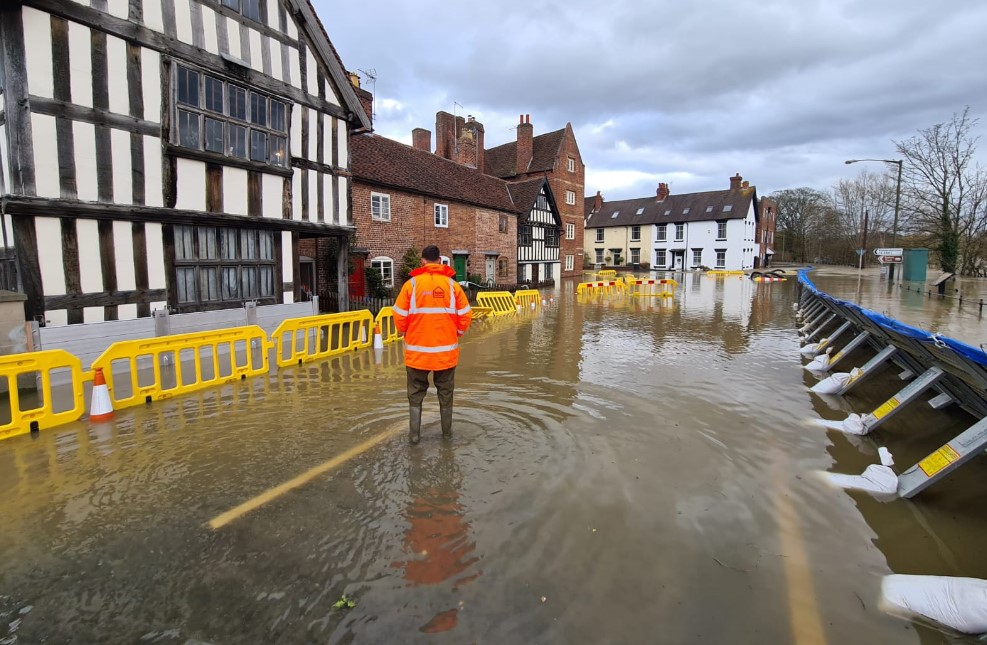Pressures on water availability need to be carefully managed if the world wants to reach zero emissions and adapt to the impacts of extreme weather events, according to a new report by sustainability charity CDP.
The data, being released during the COP28 UN climate summit, offers insight into how companies and investors are viewing the global water crisis and highlights the central role water security plays in supporting, or holding back, the transition to zero-carbon energy technologies.
Out of 396 fossil fuel companies invited to disclose water data, only 82 responded. Of this group, 16 reported potential risks to production capacity because of water issues and one plant could be forced to close. Similarly, 21 companies in the power generation sector – which included both renewable energy and gas-fired plants – reported potential production problems and five could shut down.
56 out of 118 power companies provided data to CDP, which the organisation says highlights how the sector needs to wake up to water issues. Despite this, 92% of respondents claimed to undertake a water-related risk assessment on their projects. For the fossil fuel industry this was 80%, compared to 62% across all reporting industries.
Mining is another industry critical to the energy transition as minerals are needed in everything from electric vehicles to wind turbines. The industry is notorious for its intensive water consumption and the latest data provides a glimpse into these water impacts. 42 companies responded to CDP’s request for data – each operates in an industry CDP has rated as having a ‘critical’ impact on water supplies. A further 20 reported potential reduced production and one could close.
Patricia Calderon, associate director of water at CDP, said: “In the push to wean ourselves off fossil fuels we are failing to see the dangers caused by a lack of available freshwater.
“Energy and water are deeply dependent on each other. Water supplies are becoming ever more fragile, and we urgently need to value what’s left. This means investors and companies financing energy projects should take immediate steps to understand and manage their water risks and impacts. This is especially important for the fast-growing clean energy market. If we get this right, we not only protect water supplies but the many new jobs created by the switch to renewable energy.
“Member states at COP28 need to recognize how water is essential to solving the climate crisis. This fact can’t be lost during the negotiations.”
Printed Copy:
Would you also like to receive CIR Magazine in print?
Data Use:
We will also send you our free daily email newsletters and other relevant communications, which you can opt out of at any time. Thank you.











YOU MIGHT ALSO LIKE